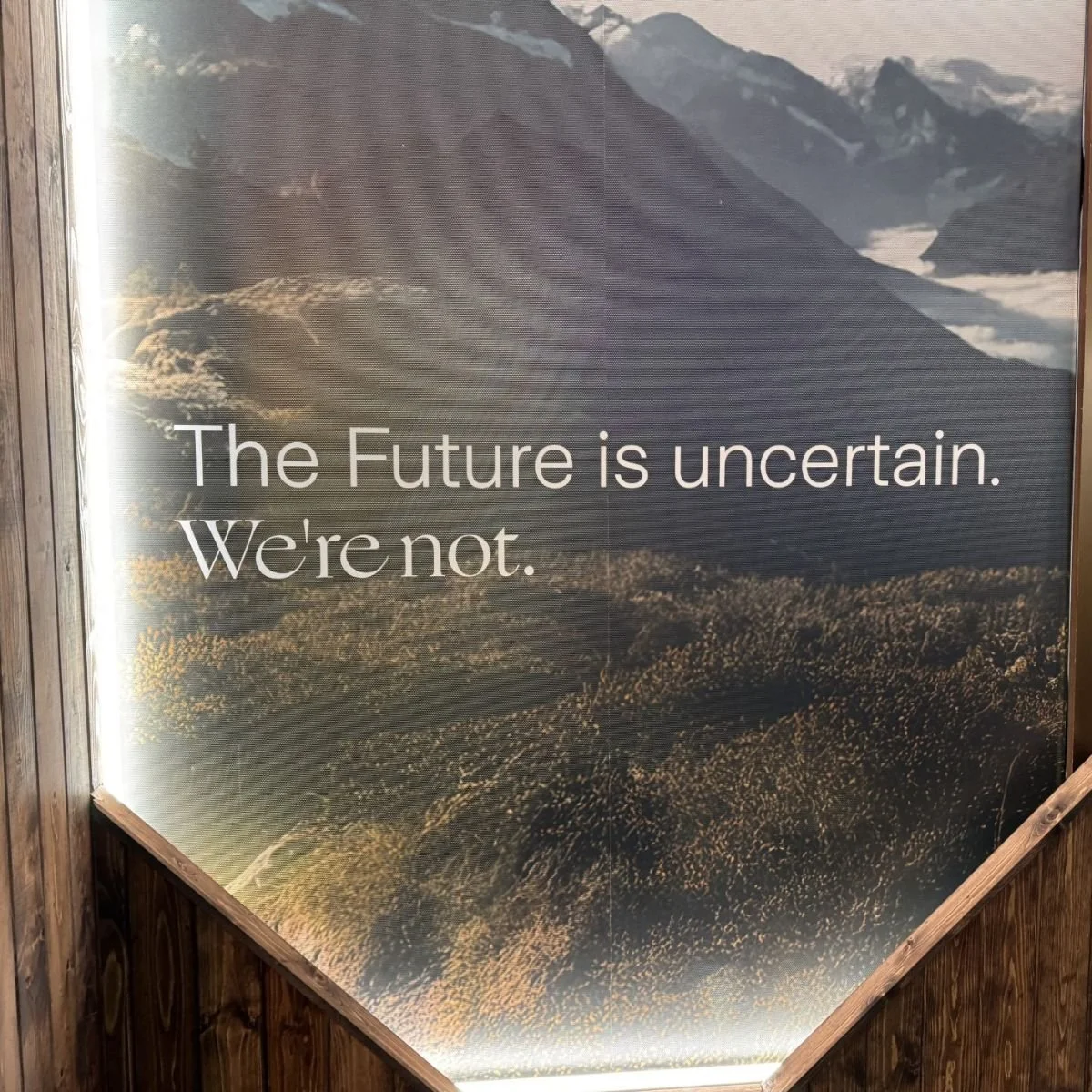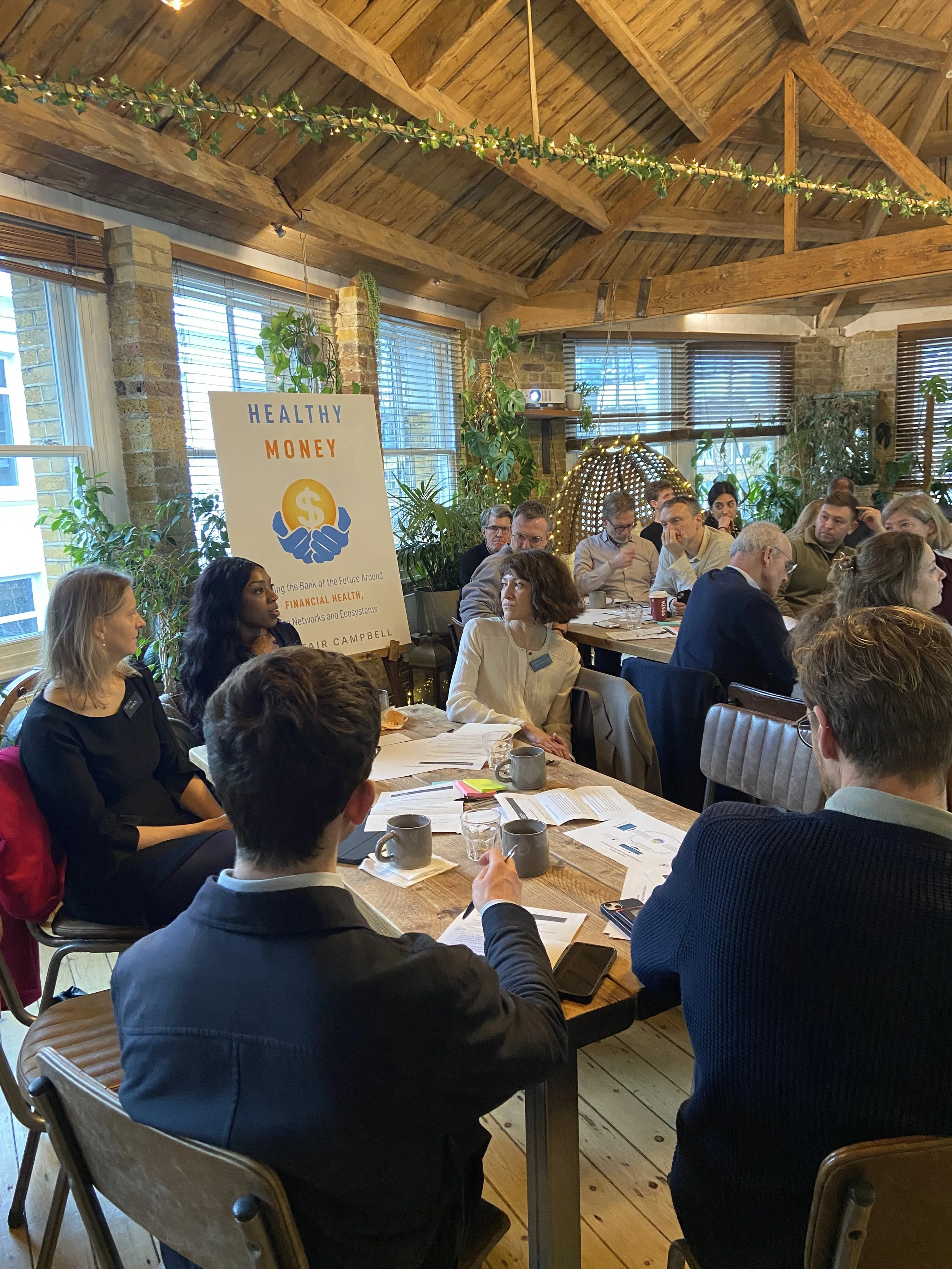Carsten Simon Shares His Journey to Purpose-Driven Leadership at Mars
July 2025 | Economics of Mutuality Leaders Stories
When Carsten Simontalks about business, the word mutuality comes up often - and not by coincidence. As the General Manager of Mars Wrigley in Germany, Austria, and Switzerland (DACH), Carsten leads a large business with stressful demands. But his mission runs deeper than simply driving financial growth. For Carsten, success is measured not just by profit, but by the quality of the relationships Mars fosters - with its associates, partners, and society at large.
Carsten is, by his own admission, a “true Marsian” - someone who joined the company straight out of university and has grown alongside its many achievements ever since. His career has taken him across geographies and categories, from chocolate in Germany to pet care in Switzerland, and now to leading the DACH snacking business. Throughout, he’s remained grounded in Mars’ founding principles - especially mutuality, which has been part of the company’s DNA since the 1940s.
“We obviously need to be successful in the marketplace,” he says. “But we take very seriously how we do business.”
That “how” is what led Carsten to participate in the Leading With Purpose Economics of Mutuality executive education program. The experience, he says, sharpened his understanding of the broader ecosystems in which businesses operate. He recalls being impressed by the diversity of perspectives in his cohort of attendees - and surprised by how many other companies struggle to embed purpose meaningfully into their decision-making.
“I came away with a stronger sense that we at Mars have an obligation to use and share our examples,” Carsten says. “We sit on real success stories - so it’s our job to tell them, engage around them, and create momentum.”
Leading With Purpose
Carsten’s leadership style blends operational rigour with human empathy. In regular town halls, Mars associates are invited to share what brings them joy, spin a virtual “happiness wheel,” and rate their current mood. The data is tracked over time, giving Carsten and his team an evolving picture of employee engagement.
“It’s not just about selling chocolate,” he explains. “It’s about connecting people to something meaningful—something that makes them proud to work here.”
At the same time, Carsten is unafraid to acknowledge the complexity of bringing mutuality to life in real-world business settings. While mutual value creation is a guiding principle, it’s not always a simple one.
“There’s no absolute truth on what is ‘mutual,’” he says. “It’s a continuum - and it requires debate, empathy, and courage.”
Putting Purpose Into Practice
The Leading With Purpose course reinforced Carsten’s belief in the power of partnerships. One standout example is a cross-industry initiative he helped lead on inclusion - where Mars partnered with grocery retailers, often viewed as competitors at the negotiation table in the FMCG world. By focusing on a shared value rather than a shared problem, the collaboration unlocked new relationships and a more productive dialogue.
“It’s a mindset shift,” Carsten says. “When you start with the problem, and look outward from your purpose, you see a completely different ecosystem - and different opportunities for impact.”
Another example of putting this mindset into action is the Togetherness social impact initiative in Germany, through which Mars expresses its commitment to strengthening community building against loneliness. Together with the Mars Wrigley Foundation, the company is supporting the creation or revitalization of a community space with funding of up to 100,000 USD — a place designed to foster connection and bring people together in meaningful ways. “This initiative shows how we can translate our values into tangible societal impact,” says Carsten. “Because mutuality also means showing up for our communities, not just in words, but through action.”
Mars also recently funded a global study into the topic of loneliness, which was conducted by the Economics of Mutuality Alliance and The University of Manchester. Forming the bedrock of the Business vs. Loneliness report, the study surveyed 10,000 people across five countries: the United States, Mexico, the United Kingdom, Germany, and China. To read the report, visit the Business vs. Loneliness website.
Hope for 2050
Asked to reflect on the future of business, Carsten is both honest and hopeful. He recognises the headwinds facing stakeholder capitalism, but insists the alternative - retreating to zero-sum thinking - is not viable.
“Together, we can solve big challenges,” he says. “Mutuality isn’t a nice-to-have. It’s the only sustainable way forward.”
As Mars continues to evolve, and as new generations of associates and leaders join the company, Carsten’s message remains consistent: purpose is not a brand message or a line in a strategy deck. It’s a way of working, leading, and being.
“If you believe in mutuality, you also have an obligation to talk about it,” he says. “Because belief is not enough—we need advocacy.”
Carsten’s journey reminds us that leadership grounded in values isn’t just possible. It’s powerful, and good business.
Are you a leader with a deep conviction that business should be a force for good? Our Leading With Purpose executive education program could for you.
Delivered online over 9-weeks, the course is grounded in the practical Economics of Mutuality operating model, which has been developed with leading companies and universities including Mars and Oxford University’s Saïd Business School.
Since its inception, it has helped over 500 senior business leaders and investors integrate social and environmental impact into their core business strategy.
Program dates: October 1 – December 3
Early bird application deadline: July 23




